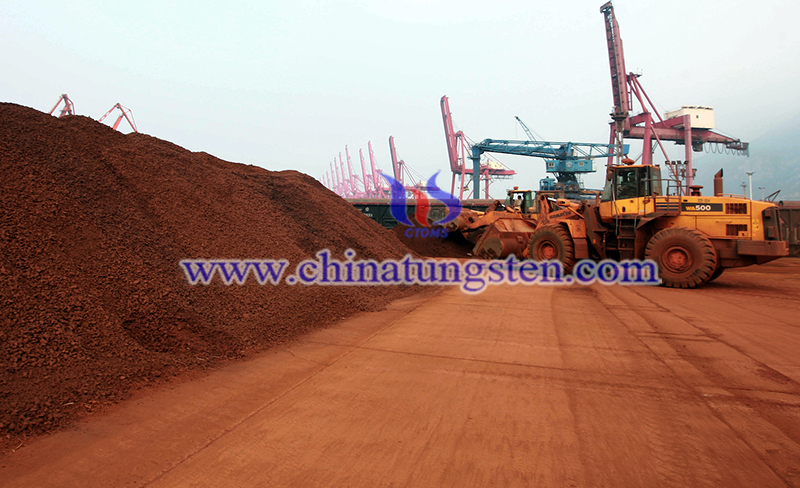China's Rare Earths Strategy Faces Hardship
- Details
- Category: Tungsten's News
- Published on Saturday, 07 November 2020 17:12
Per figures, the world's total rare earths reserves are about 126 million tons, and China's rare earth reserves account for 44% of the world's total reserves. After the start of the US-China trade war, the two sides actively sought gaming chips. However, China seems to be facing difficulties recently.
Since 2006, the country has successively implemented a series of policies on rare earth mining, including total amount control management; incorporating production into mandatory production plan management; implementing planned control, restricted mining, strict access, and comprehensive utilization of minerals. However, these highly planned economic measures have caused dissatisfaction among people in the rare earth industry.
Many low-level rough processing enterprises have been launched as the rare earth brand in the past few years. The demand for rare earths has increased, but their rough processed products are still exported to Japan and the United States, because China does not have high-end utilization technology and unable to carry out high value-added production, only rough machining.

The person familiar with the matter told reporters that as the high price of imported rare earths from other countries. "For example, if you sell rare earth for 1 yuan per ton, you may be able to sell them for 3 to 5 yuan after rough processing. After they are sold to Japan and the United States, the rare earth products that Japan and the United States sell back to China are possible for one ton. It reaches 800-1000 yuan.
China has been the world's largest producer of rare earth for many years. Public data in 2019 show that Chinese rare earth mining accounted for about 60% of the world's total rare earth mining. However, with the policy and market changes triggered by rare earth strategy, the world's largest rare earth producer, became the largest importer of rare earth from 2018.
Industry insiders analyzed that the global market relied on Chinese rare earth exports in the early years because the primary mining and processing of rare earths had a great impact on the environment.
He also added that after Chinese restriction on REEs, countries around the world have increased the exploration of rare earth resources. For example, Australia and Japan have discovered considerable reserves of rare earth mines in recent years.
According to reports, rare earths, known as "industrial vitamins", are the general term for 17 metal elements. They have a wide range of uses, from petroleum refining catalysts, glass and ceramic dyes used in daily life, to special applications such as electronics and nuclear energy industries, superconductors, etc., are indispensable additives in high-tech industries, and are also extremely important strategic resources for China, which vowed to become an industrial and technological power.
The New York Times reported in 2013 that radioactive toxic substances leaked from the rare earth refining production in northern China for 20 years have been slowly leaking into the ground, approaching the Yellow River. In Guangdong Province in southeastern of the country, strong acids and other corrosive substances from open-pit rare earth mining sites have flowed into the ground, destroying nearby rice fields and streams.
- Rare Earth Manufacturer & Supplier, Chinatungsten Online: www.chinatungsten.com
- Tungsten News & Prices of China Tungsten Industry Association: www.ctia.com.cn
- Molybdenum News & Price: news.molybdenum.com.cn
- Tel.: 86 592 5129696; Fax: 86 592 5129797; Email: sales@chinatungsten.com



 sales@chinatungsten.com
sales@chinatungsten.com